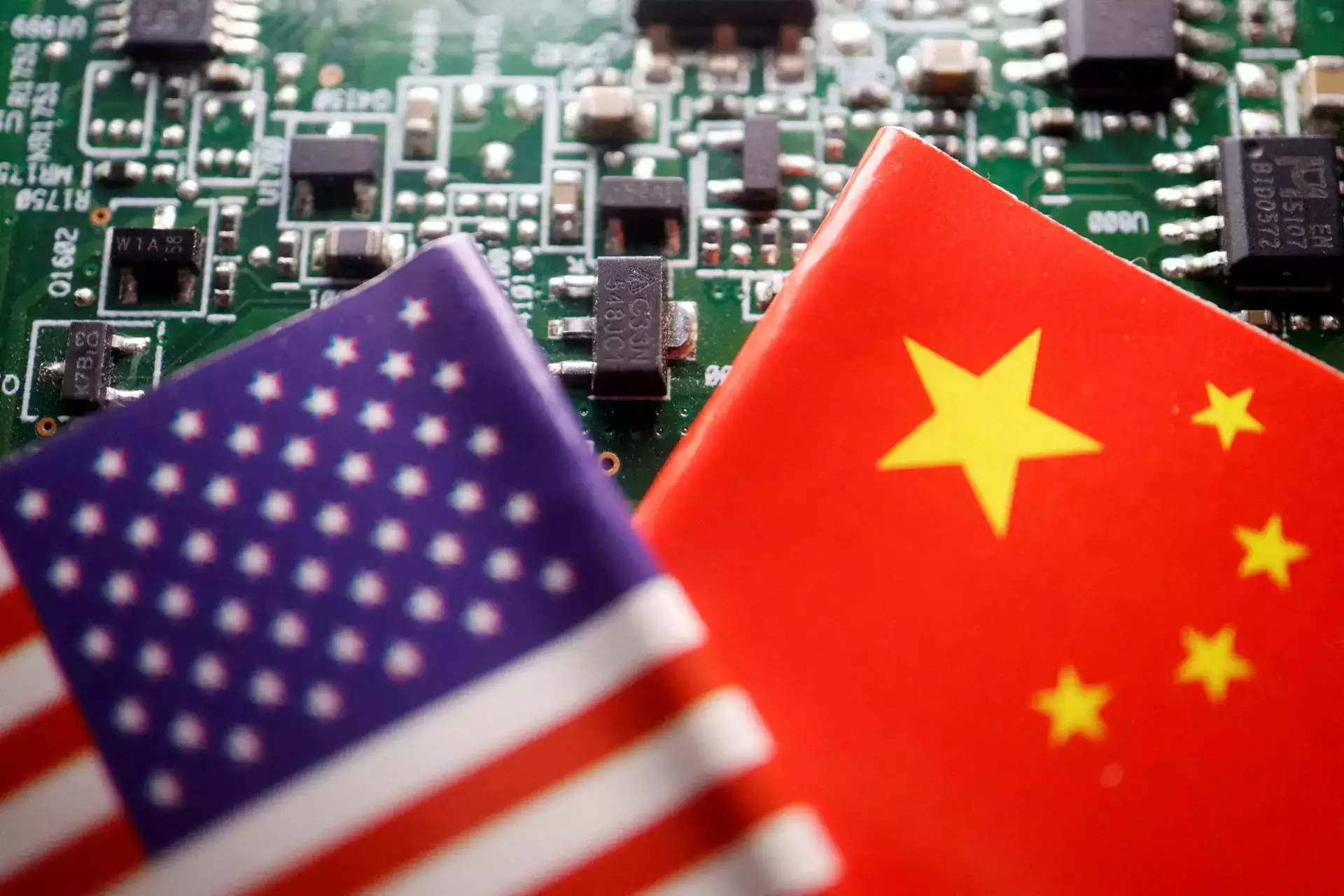On July 17th, executives from leading U.S. chip companies met with senior officials from the Biden administration to discuss China policy. The meetings took place as the semiconductor industry, represented by the Semiconductor Industry Association (SIA), urged the administration to refrain from imposing further restrictions on chip exports to China. The discussions involved Secretary of State Antony Blinken, who engaged with chip company CEOs to gain insights into the industry and supply chain dynamics following his recent visit to China.
Joining Blinken were other government officials, including Commerce Secretary Gina Raimondo, National Economic Council Director Lael Brainard, and National Security Council Director Jake Sullivan. The chip industry expressed its concerns about potential curbs on chip exports to China, as China accounted for over $180 billion in semiconductor purchases in the previous year, representing more than a third of the global total. Maintaining access to the lucrative Chinese market and expediting the disbursement of government funds allocated for semiconductor firms under the CHIPS Act were among the topics discussed.
Secretary Raimondo oversees the implementation of the CHIPS Act, a $39 billion semiconductor manufacturing subsidy program approved by Congress in 2022. The law also introduced a 25% investment tax credit for chip plant construction, estimated to be worth $24 billion. Furthermore, the U.S. government expressed concerns about China’s access to advanced artificial intelligence (AI) chips, suggesting a potential tightening of rules governing the computing capabilities of such chips.
The SIA, based in the U.S., called on the Biden administration to avoid imposing further restrictions on chip sales to China and emphasized the importance of maintaining the industry’s access to the Chinese market, which is the world’s largest commercial market for commodity semiconductors.
While not every official met with every chip company, the discussions reflected the industry’s concerns about protecting its interests in China amid potential regulatory actions. The U.S. government has been cautious in its approach, aiming to safeguard technologies with national security implications without undermining commercial interests. The specifics of the discussions and potential outcomes were not disclosed, and both the Commerce Department and the White House declined to comment on the discussions.
These meetings occurred in the context of China’s recent restrictions on the export of raw materials, such as gallium and germanium, which are essential for chip manufacturing. Secretary Blinken reportedly discussed these export limitations during his conversations with the CEOs.
For companies like Nvidia, Qualcomm, and Intel, China represents a crucial market. Qualcomm, for instance, is the only company with a license from U.S. regulators to sell mobile phone chips to Huawei Technologies. Nvidia has introduced an AI chip tailored for the Chinese market, gaining traction among major Chinese firms. Intel’s CEO, Pat Gelsinger, even traveled to China recently to announce the company’s own AI chip offering specifically for China.
As the U.S. government continues to evaluate its China policy, these discussions serve as a platform for industry leaders and officials to engage in dialogue, address concerns, and shape future actions regarding chip exports, access to the Chinese market, and technological regulations.





